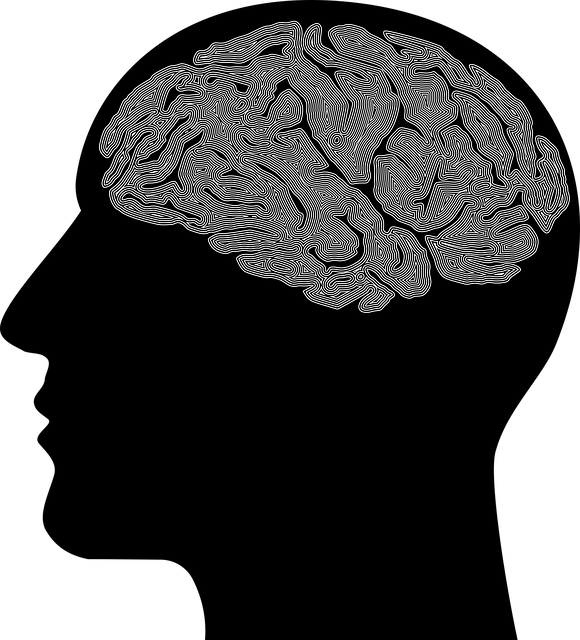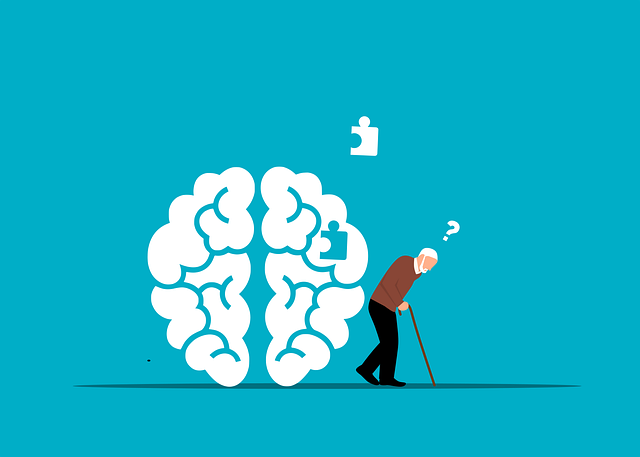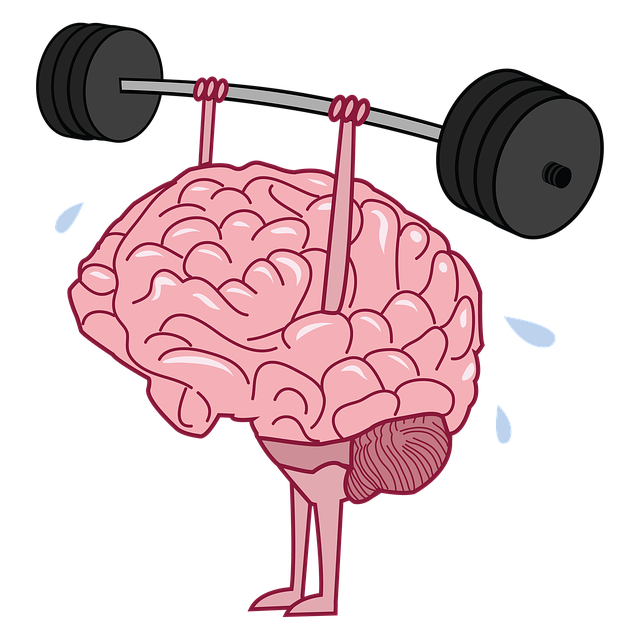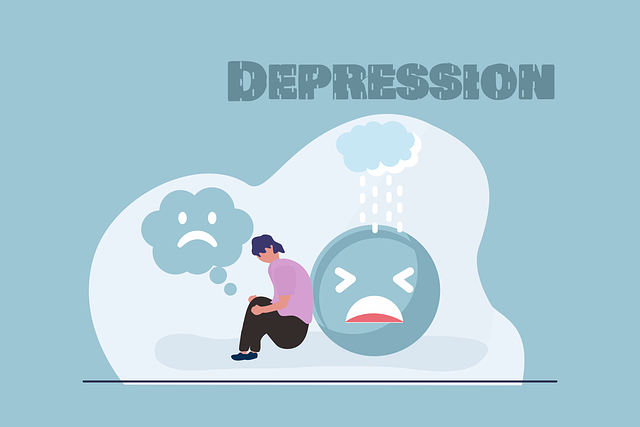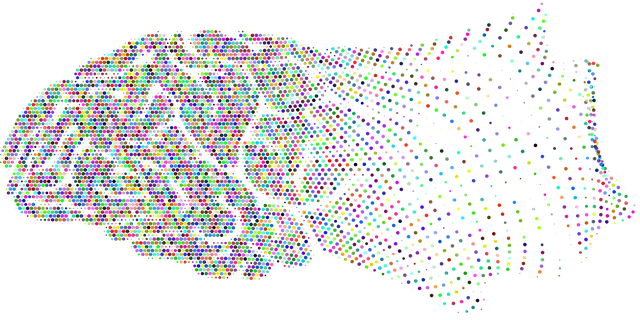Burnout among healthcare providers specializing in Northglenn Autism Spectrum Disorder (ASD) therapy is a growing concern. Early recognition, facilitated by empathy-building techniques and cultural sensitivity, is vital for prevention. Strategies include self-care practices, clear work-life boundaries, peer support, mindfulness exercises, stress management, compassion cultivation, and social skills training. These approaches aim to enhance resilience, reduce stigma, foster connections, and promote emotional well-being among ASD therapists.
Healthcare provider burnout is a growing concern, especially among frontline workers like therapists treating Northglenn Autism Spectrum Disorder (ASD). This article explores strategies to prevent burnout, focusing on recognizing early signs and implementing sustainable practices. We delve into specific tactics tailored for ASD therapists in Northglenn, emphasizing the importance of self-care, work-life balance, and organizational support. By adopting these measures, healthcare providers can mitigate stress, enhance job satisfaction, and improve patient outcomes.
- Recognizing Burnout Among Healthcare Providers
- Implementing Effective Burnout Prevention Strategies
- Supporting Mental Well-being for Northglenn Autism Spectrum Disorder Therapists
Recognizing Burnout Among Healthcare Providers

Burnout among healthcare providers is a growing concern, particularly within specialized fields like Northglenn Autism Spectrum Disorder Therapy. Recognizing the signs early is crucial to implementing effective burnout prevention strategies. Providers often exhibit physical and emotional exhaustion, detachment from work, and reduced professional efficacy. These symptoms can manifest as increased irritability, decreased motivation, and a general sense of being overwhelmed.
Empathy building strategies and cultural sensitivity in mental healthcare practice play a significant role in identifying burnout. By fostering strong connections with patients and embracing diverse cultural backgrounds, healthcare providers can maintain a sense of purpose and engagement. Incorporating regular self-care practices, clear boundaries between work and personal life, and accessing support networks are essential burnout prevention strategies for healthcare providers in Northglenn Autism Spectrum Disorder Therapy and beyond.
Implementing Effective Burnout Prevention Strategies

Implementing effective burnout prevention strategies is a crucial step towards fostering healthy and resilient healthcare providers, especially in specialized fields like Northglenn Autism Spectrum Disorder Therapy. These strategies must address the unique challenges faced by therapists and clinicians working with individuals on the spectrum. One key approach involves integrating Emotional Well-being Promotion Techniques that prioritize self-care and stress management. Regular mindfulness exercises, peer support groups, and structured breaks can significantly enhance mental resilience.
Additionally, Mental Illness Stigma Reduction Efforts play a pivotal role in creating an inclusive environment. By fostering open conversations about the emotional demands of therapy, colleagues can offer understanding and support. This can be facilitated through regular workshops, training sessions, or even a Mental Wellness Podcast Series Production, where professionals share their experiences and strategies for navigating burnout. Such initiatives not only promote emotional well-being but also encourage a culture of solidarity within the healthcare community.
Supporting Mental Well-being for Northglenn Autism Spectrum Disorder Therapists

Supporting the mental well-being of therapists specializing in Northglenn Autism Spectrum Disorder Therapy (ASD) is a vital aspect of preventing burnout. This population often faces unique challenges, as they work with individuals navigating complex social and communication differences. To mitigate stress, therapists can engage in coping skills development tailored to their practice. Techniques such as mindfulness exercises, stress management strategies, and self-care routines can enhance resilience and emotional regulation.
Additionally, compassion cultivation practices have proven effective. Encouraging therapists to foster a sense of self-compassion and cultivate empathetic connections with clients can reduce the emotional burden. Social skills training, another valuable tool, not only benefits the therapist’s interactions with clients but also provides an outlet for professional support and peer connection, further enriching their therapeutic experience.
Burnout among healthcare providers, especially therapists specializing in Northglenn Autism Spectrum Disorder Therapy, is a pressing issue that demands proactive strategies. By recognizing the signs of burnout early and implementing effective prevention measures, we can create a healthier and more sustainable work environment. Supporting mental well-being through targeted interventions and fostering a culture of resilience is key to mitigating burnout risks. With dedicated efforts, it’s possible to enhance job satisfaction and improve outcomes for both healthcare providers and their patients in Northglenn Autism Spectrum Disorder Therapy settings.



